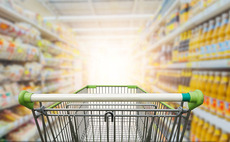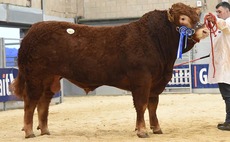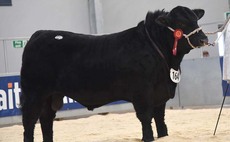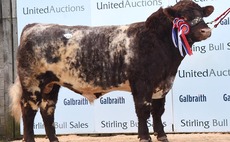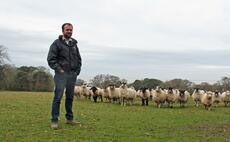trade
Farm Business
Farming remains hugely important to the French economy and its success is very much tied to the operation of the EU Single market.
Arable
We in the EU are sad to see our friends in Britain leave, but we will always welcome you back if you change your mind, says Eamon Cassells, a young beef farmer from County Meath in Ireland.
Arable
Now we’ve left the EU, it can no longer be blamed for difficult or unpopular decisions, particularly on trade. In future, UK and devolved Ministers must take full responsibility for their actions, says John Davies, NFU Cymru president.
Arable
Almost four years on from the referendum, we still don’t know whether farmers will be able to sell into the EU market or if they’ll be undercut by substandard imports, says Deirdre Brock, SNP spokesperson for Environment, Food and Rural Affairs.
Farm Business
The issue of food standards for imported food is not going away as Secretary of State for Scotland Douglas Ross MP discovered when he addressed the NFUS conference in Glasgow.
Livestock
The reserve senior champion led the Limousin trade at 13,500gns, which finished with an average up 130 on the year at 4,730.34 for 59 animals sold, and a clearance rate of 81 per cent.
Arable
The Labour Party has voted to block the Agriculture Bill’s passage through Parliament because it does not include measures to protect farmers from being undercut by low-standard imports.
Livestock
A packed ringside saw Aberdeen-Angus bulls sell to a high of 25,000gns, matching last year’s top call.
Livestock
Beef Shorthorn bulls sold to a high of 20,000gns twice, with averages up 104 on the year for 53 bulls sold at 4,780, and a clearance rate of 61 per cent.
Farm Business
For years, the arguments around Brexit have been focused on ‘in or out’. Now, with our departure just days away, it’s time to think about how we can make the most of leaving, says Matt Legge, a sheep, beef and pig farmer from the Isle of Wight.

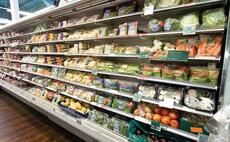
 08 February 2020
•
2 min read
08 February 2020
•
2 min read



